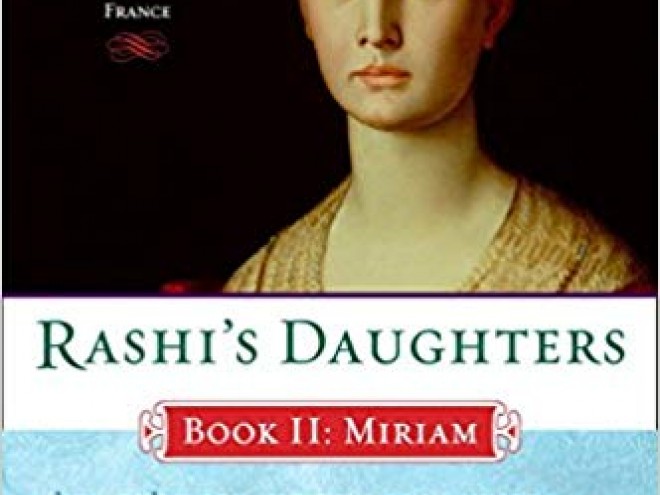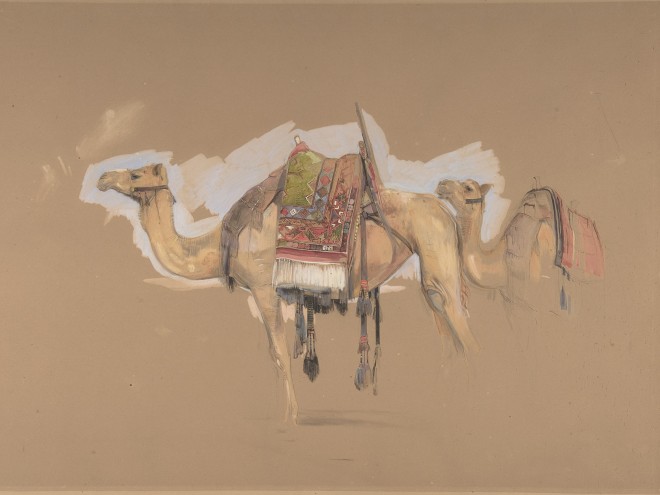Maggie Anton’s latest book, The Choice, masterfully interweaves and explores love and faith through historical events, Jewish traditions and history, and the Talmud.
Anton has reimagined the main characters from Chaim Potok’s The Chosen, added strong female characters and voices, which were non-existent previously, and placed them years later into mid-1950s Brooklyn. The reader is gifted with love stories as well as a story of the love of learning.
Hannah Eisen, pen name H.M. Covey, an intelligent, proficient, and attractive journalist, is sent by the Yiddish socialist newspaper The Daily Freiheit to interview Rabbi Nathan Mandel, a Talmud scholar and professor. They remember their silent mutual attraction as young classmates. Hannah attended the Columbia School of Journalism and spent many summers working with refugees in Israel. Nathan studied for the Rabbinate and is now defending his father’s controversial book at his Orthodox university.
Hannah convinces Nathan to teach her Talmud. Though this is forbidden to women, he is intrigued by Hannah and the very idea. They meet clandestinely over many months and Nathan is heartened and impressed by Hannah’s quick mind, astute questioning, and their serious discussions. Their secretive scholarship grows into an important relationship for both, but they keep their uncertainties and feelings hidden from each other.
Encircling Hannah and Nathan’s journey is the ever-looming presence of their community. Benny Stockser, a learned Hasidic scholar, is the Rabbi’s son and is now a child psychologist. He and his Modern Orthodox wife, Sharon, are struggling to incorporate their opposing practices and views of Judaism into their marriage. Nathan’s father and Sharon’s parents represent a more modern Judaism, while Hannah’s one-time Communist, atheist mother is remarried to an Orthodox attorney. Rabbis of varying degrees of practice, opinionated family and friends, and Hannah’s Christian Aunt Elizabeth and her charitable foundation all influence and are central to the plot. They reveal the many schisms of faith, love, and religion.
Mid-century Brooklyn historical and cultural life is authentically detailed and described. Specific neighborhoods, summer resorts, Dodger games and their new Jewish player Sandy Koufax, the HUAC Committee, Salk’s miracle polio vaccine, Saturday night dances, the movies, shows, and stores are nostalgically recreated and enmeshed into the story.
The secret and lengthy Talmud sessions bring to light the inequality and powerlessness of women. The actual Tractates presented are strategically chosen to match the storytelling as it occurs in the novel. The manmade rules regarding sexual practices, mikveh, menstruation, synagogue participation, divorce, dress requirements, holiday rituals, and many other aspects of Jewish life and traditions are critiqued for their treatment of women.
Hannah begins to question and challenge the customs and laws of halacha affecting women’s roles and their status. As Nathan teaches Hannah, the reader, too, becomes the student. The classes become a guided, learned, and understandable Talmud education. The helpful glossary of Hebrew, Yiddish, and Talmudic terms is a useful tool.
Hannah and Nathan’s faith and love are tested as they encounter setbacks, misunderstandings, and strong conflicts. They find their way through these life clashes and decisions with a sense of justice and respect. The Choice is a thought-provoking, informative, important, and engaging read.
Renita Last is a member of the Nassau Region of Hadassah’s Executive Board. She has coordinated the Film Forum Series for the Region and served as Programming and Health Coordinators and as a member of the Advocacy Committee.
She has volunteered as a docent at the Holocaust Memorial and Tolerance Center of Nassau County teaching the all- important lessons of the Holocaust and tolerance. A retired teacher of the Gifted and Talented, she loves participating in book clubs and writing projects.





